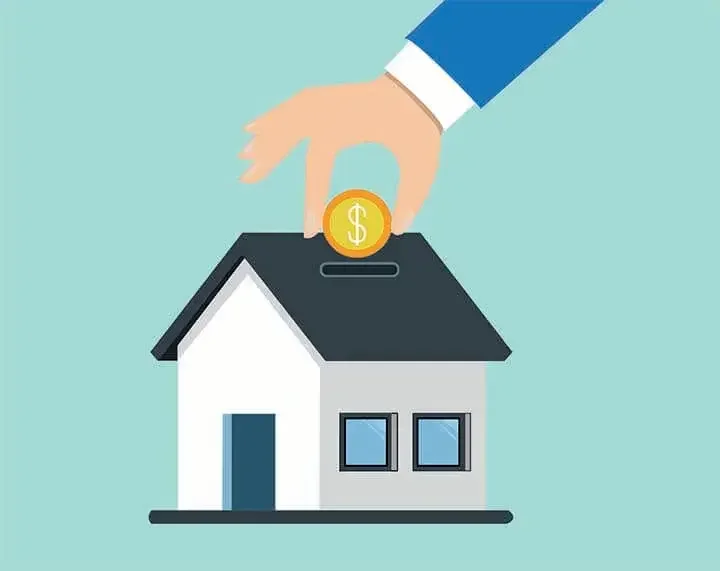The housing industry crisis that began in 2007 and resulted in a record 3.1 million foreclosure filings in 2008 alone was a wake-up call to lenders and home buyers alike.

As the mortgage lending industry regrouped to recover from losses, consumers realized they had to become better educated about their mortgage loan options—and there are many.
The Consumer Financial Protection Bureau breaks mortgage loan options into three categories: loan type, interest rate type, and loan term (how long you're borrowing). Here are the most common options:
Loan type
This refers to conventional mortgages and government-insured mortgages
Most mortgages are conventional, which means they aren't part of a government program. Conventional mortgages are either conforming or non-conforming. Conforming mortgages fall within the lender's guidelines and approval process. Non-conforming types, often referred to as "jumbo" loans, exceed federal loan limits. They're typically used in areas where housing prices are extremely high.
Government-insured mortgage loans include:
- Federal Housing Administration (FHA) loans for buyers who do not have excellent credit or a large down payment; they require mortgage insurance
- Veterans Affairs (VA) loans for active military and veterans; they offer low interest rates and don't require a down payment or mortgage insurance
- U.S. Department of Agriculture (USDA) loans for borrowers who meet specific income limits in eligible rural areas
Interest rate type
A mortgage loan is either a fixed rate or an adjustable rate mortgage (ARM).
With a fixed-rate mortgage, the interest rate never changes, so your monthly payment amount remains constant. While the interest rate is higher than with an ARM, you can always refinance if the fixed rate drops later. Just be certain that doing so makes sense after taking associated refinancing costs into account.
The attractive lower interest rate on an adjustable rate mortgage can change over time, depending on your loan agreement. Your rate, which is locked in for a specified number of years before it can change, is expressed as a ratio. For example, 5/1 means your rate stays the same for the first five years, and, after that, it will be adjusted according to current rates every year.
An ARM makes sense if you plan to move again before the rate is scheduled to change. For example, when he made his mortgage decision, personal finance blogger Kyle Kroeger took into account how long he planned to own the home. "Knowing that I had a five-year window for actually living in the home, I chose a 5/1 ARM solely due to the interest rate," he says.
Loan term
The most common options are 15 and 30 years. Shorter, 15-year mortgages usually have lower interest rates but higher monthly payments because the cost is spread over fewer years. For the same reason, your total cost—purchase price plus interest—is less.
With longer-term mortgages, the monthly payment is lower, but the interest rate is higher. That, combined with the longer term, means your total cost is higher.
When editor Sara Routhier and her husband bought their house, they selected the option with the lowest interest rate available for which they could still afford the monthly payments. A 15-year, fixed-rate mortgage hit the sweet spot.
"We decided we could sacrifice a little and pay more per month for the long-term benefit of putting more money toward the principal every payment," she says.
On the other hand, business blogger Becky Beach and husband opted for the lower monthly payment of a 30-year term. "It was because the payments are lower, in case one of us loses a job," she says.
What's best for your situation?
Your options depend on a number of factors that include the size of your down payment, your credit history, how long you plan to remain in the home, and how much you're comfortable paying every month.
Julienne Joseph, assistant director of government housing programs for the Mortgage Banking Association, recommends taking a homebuyer education course or getting one-on-one counseling from a reputable organization.
"Doing so will ensure that they are equipped with a basic understanding of the home buying process, mortgage products, and common challenges that borrowers face," she says.
For most individuals, a home is your most significant investment, so be sure to work with reputable real estate and legal professionals.

